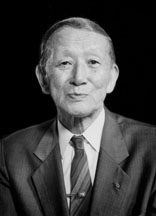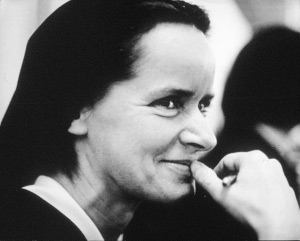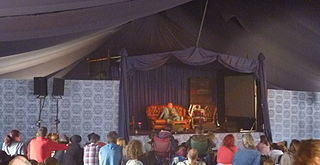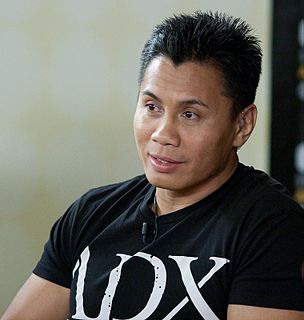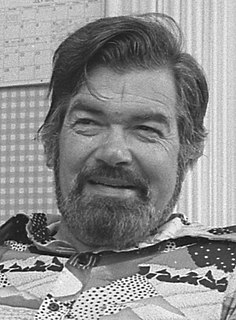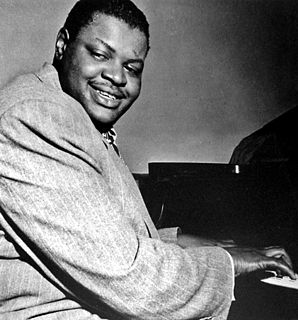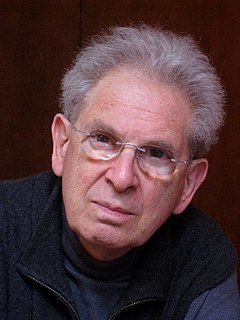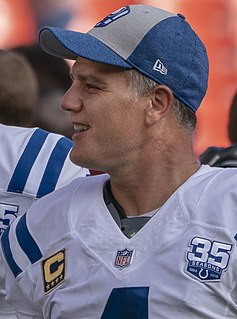A Quote by Shinichi Suzuki
Musical ability is not an inborn talent but an ability which can be developed. Any child who is properly trained can develop musical ability just as all children develop the ability to speak their mother tongue. The potential of every child is unlimited.
Related Quotes
What distinguishes a human being from a computer? The ability to add up numbers? The ability to understand language? The ability to be logical? It is, of course, none of the above. It is the ability to play. Computers cannot have fun. They cannot fantasize. They cannot dream, they cannot experience emotion or summon intuition. These rare, precious qualities come naturally to every child on this earth yet they tend to be seen, by well meaning adults, as faults, foibles and failings. In pushing tiny toddlers to 'perform', we rob them of the ability to imagine.
When a child shuts down his painful emotional side, he also loses the ability to express his joyous side. Emotions are a whole. With anger comes the ability to express delight; with sadness comes the ability to express lightheartedness. This is the breadth of emotion that allows an adult to experience intimacy with a spouse, with God, and with his children
We often say that psi is like musical ability: it is widely distributed in the populate, and everyone has some ability and can participate to some extent - in the same way that the most nonmusical person can learn to play a little Mozart on the piano. On the other hand, there is no substitute for innate talent, and there is no substitute for practice.
The child who would be an adult must give up any lingering childlike sense of parental power, either the magical ability to solveyour problems for you or the dreaded ability to make you turn back into a child. When you are no longer hiding from your parents, or clinging to them, and can accept them as fellow human beings, then they may do the same for you.
